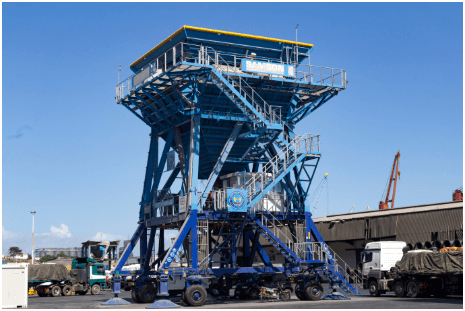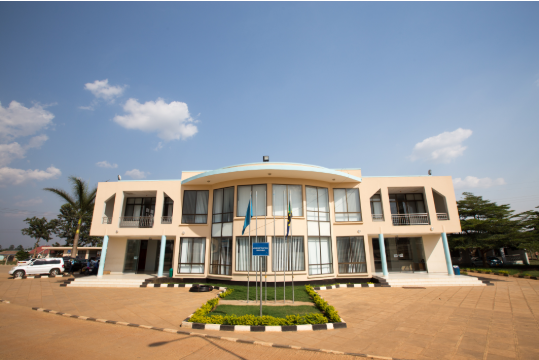A few years ago, the cargo handling section of Mombasa port teamed with dusty and sweaty workers busy hauling heavy packages on their backs, from the warehouses to the waiting lorries. Injuries and chest pains were a norm. One of these workers was Humphrey Agini. He recounts how the polluted and risky work environment caused him to take many sick leaves; and quantifies the wages he lost, as a result, to the thousands of shillings. He wishes away those back breaking days . For years, Humphrey, who is employed by Kenya Ports Authority (KPA) spent his days offloading heavy sacks of clinker, coal, fertiliser and industrial chemicals. The fierce sun would burn on ruthlessly. He worked for sheer survival. Each time he was about to give up, he remembered his parents back in the rift valley region of Kenya and his younger siblings who relied on the earnings he made. He became a sort of expert in handling dirty cargo. Yet, protective gear was unheard of and many were the days when both he and his colleagues fell ill. Just as hundreds of other port workers shared in his fate; so, did hundreds of importers and exporters, who contended with the delays this caused to exit or enter the port. Greening the port takes off Humphrey’s hard work and diligence had caught the eye of his superiors. And so, when KPA in partnership with TMA transitioned to mobile harbour cranes for bulk cargo handling in 2017, to increase port productivity, he was...
A Green Port. What is It Worth?
Posted on: November 26, 2019
Posted on: November 26, 2019


















